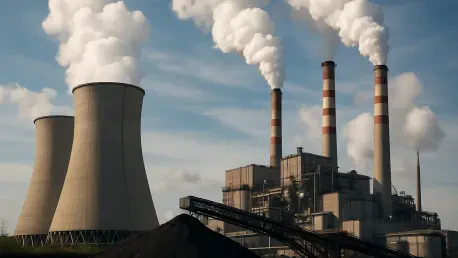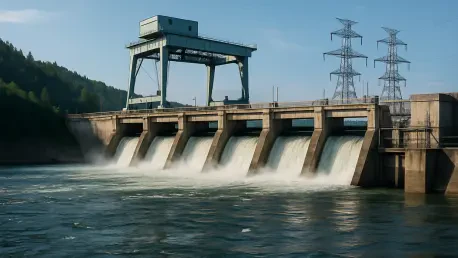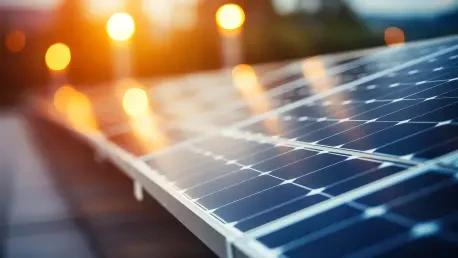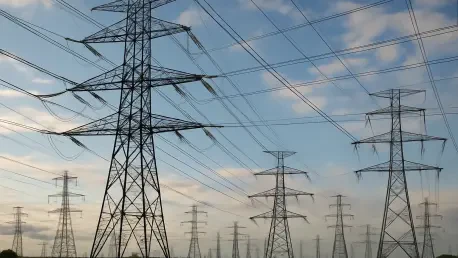
Georgia Power's 2025 Integrated Resource Plan (IRP) has recently been approved by utility regulators amid significant debate and scrutiny. This plan is a pivotal document outlining Georgia Power's approach to addressing the state's growing energy demands, primarily fueled by the rapid expansion of

The renewable energy sector continues to gain momentum as an integral part of the global transition to sustainable energy sources. With its dynamic landscape, the industry sees technological innovations and strategic collaborations that shape its future. Significant players like Hydro-Québec and

In a time when more schools are considering the switch to electric transportation, Christopher Hailstone provides in-depth views on the implications and benefits of electric school bus adoption. With a background in energy management and renewable resources, Christopher offers insights into the

The rise of solar power in the European Union represents a tectonic shift in energy dynamics, where an eco-friendly revolution has quietly overtaken traditional electricity sources. As solar energy now leads the charge, it not only transforms the environmental footprint but also challenges economic

In the bustling heart of Texas, energy experts and policymakers gathered for a significant conference dedicated to assessing whether Texas's electric grid can withstand surging energy demand coupled with a swift shift toward renewable energy. This pressing topic has taken center stage as the state

California, known for its pioneering approach to clean energy, faces a critical juncture as federal policy shifts under President Donald Trump's administration threaten the state's ambitious renewable energy agenda. Five trade groups representing solar, wind, and energy storage sectors have issued